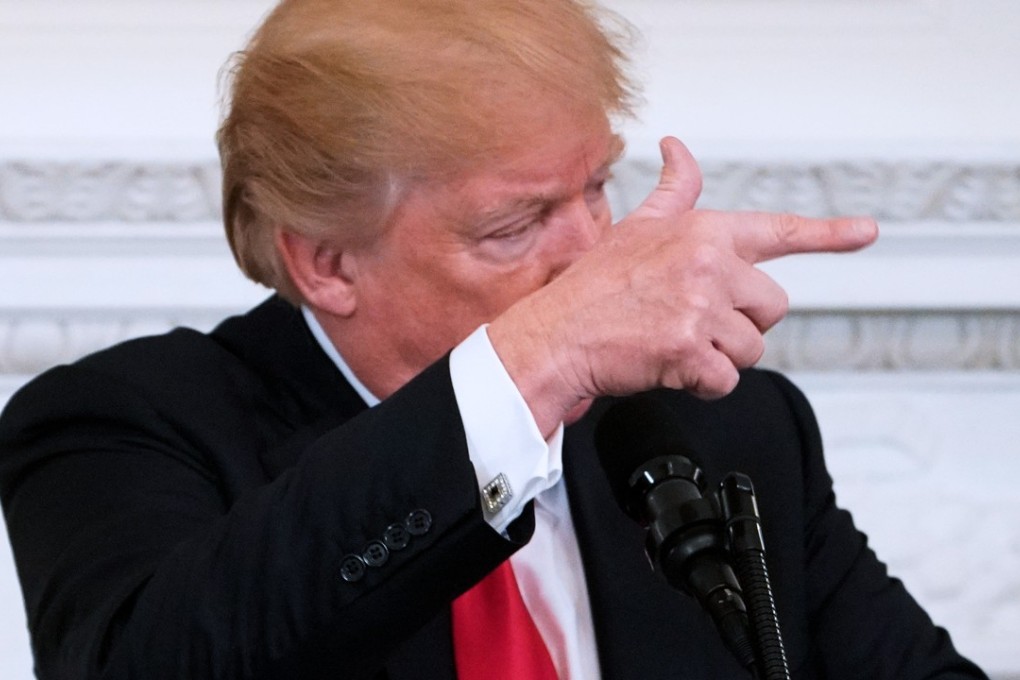Abacus | Trump’s opening salvo in trade war with China misses the mark
While US tariffs on steel and aluminium are aimed at hurting Beijing, they are largely irrelevant. So why are the penalties causing such a stink internationally?

When earlier this month Donald Trump imposed tariffs on all US imports of steel and aluminium, there was little about his announcement, or about the vehemence of the international response, that appeared to make sense.
The US president has long been riled by the degree to which the US trade balance is in the red. Last year, the US trade deficit with the rest of the world hit US$566 billion, the widest gap since the 2008 financial crisis. Roughly half of that – or a good deal more, depending whose figures you take – consisted of the US deficit with China.
Locked and loaded, China and the US are marching into a trade war
However, tariffs of 25 per cent on imports of steel and 10 per cent on aluminium will do nothing to narrow the deficit. Steel and aluminium make up just 2 per cent of US imports, and the biggest source of those imports – Canada – has already been exempted.
Nor will the tariffs significantly affect China, the special target of US Commerce Secretary Wilbur Ross’s ire. Shipments from China make up just 2 per cent of total US imports of the metals.
So, at first glance it was unclear why Ross said the tariffs were directed specifically at China, why, if that was the case, there was such a chorus of protest from US allies including the European Union, and why the response from China itself was so vehement.
Historically it is true that Chinese state subsidies to metals producers and exporters have breached global trade rules. Take steel: China’s steel production has grown enormously over the past 20 years, from about 15 per cent of world supply to roughly 50 per cent last year. That growth was propelled by Beijing’s focus on steel-making as a “strategic pillar industry” which encouraged local governments to offer generous subsidies worth an estimated US$20 billion a year to steel companies, largely in the form of cheap capital, free land and subsidised energy and raw materials.
Someone tell Trump the trade war is over. China won
The result was massive overcapacity, exacerbated by central government attempts to consolidate the industry, which merely encouraged producers to grow even faster to stop themselves getting swallowed up by bigger competitors.
